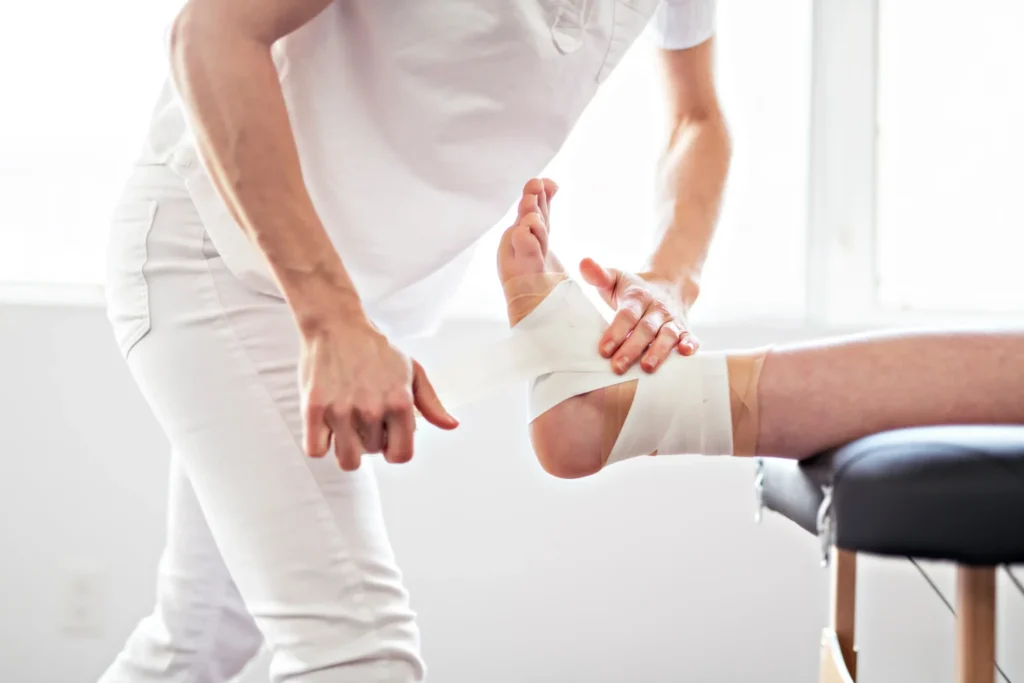Understanding Chemical Plant Accidents
Louisiana has many workers employed in chemical plants. These jobs are rewarding and can lead to long and fulfilling careers that allow workers to support themselves and their families. Chemical plants contribute approximately $226 billion to the GDP of the United States while also providing approximately 4.4 million jobs. However, these jobs are not without their risks. The injuries sustained by chemical plant workers are some of the most severe. If you or someone you love has been hurt, it is critical that you understand your legal rights. Below, our Baton Rouge industrial accident lawyer outlines everything you need to know about chemical plant accidents. What Causes Accidents in Chemical Plants? Natural causes and human error are the two primary causes of accidents in chemical plants. Human error contributes to approximately 95% of all investigated accidents in chemical plants. For example, in the 2005 BP explosion that happened in Texas, there were three human errors that were said to be significant contributors to the accident in the chemical plant. These were deviations from proper procedure, lack of training, and a poor safety culture. Natural causes are much rarer than human error. The U.S. Environmental Protection Agency has outlined four known causes of accidents in chemical plants. These are as follows: Inadequate indications of process conditions Inadequate process hazard analysis or hazard review Poorly designed or inappropriate equipment Plant owners ignoring potential problems While natural causes can result in a chemical plant accident, most of them are caused by carelessness and negligence. Injuries Caused by Chemical Plant Accidents Chemical plant accidents result in some of the most serious injuries. These include: Head trauma that results in concussions and other injuries Poisoning caused by exposure to toxic substances and chemicals Puncture wounds and lacerations Spinal cord injuries Broken bones Neck and back injuries caused by falls Trauma caused by heavy equipment Lung damage from inhaling toxic chemicals and substances Injuries caused by explosions, such as burns and penetrating injuries Sadly, the above injuries are not the only ones suffered by chemical plant workers. They are only some of the most common. Common Types of Accidents in Chemical Plants Unfortunately, there are many different types of accidents in chemical plants. The most common of these are as follows: Plant explosions: A plant explosion is the most obvious risk of working in or living near a chemical plant. Plant explosions happen without warning, and when they do, they place entire communities at risk. Chemical plants should have protections in place to prevent these explosions. Contaminated water: If chemicals are not stored and disposed of correctly, they can seep into groundwater systems. Some chemical spills go unnoticed for many years, and they have the potential to poison the drinking water of entire towns and cities. Air pollution: Chemical manufacturing plants can release toxic chemicals into the air. When these chemicals are inhaled, they can negatively affect a person’s health and lead to long-term illness or breathing issues, such as asthma and lung cancer. Increased risk of cancer: Being exposed to chemicals for a long period of time increases a person’s risk of cancer. Workers in chemical plants and people who live near these plants are sometimes unknowingly exposed to carcinogens. Increased risk of birth defects: Being exposed to chemicals can also result in an increased risk of birth defects. How to Prevent Accidents in Chemical Plants To prevent accidents in chemical plants, or at the very least minimize the harm they cause, it is important to address the main causes of these accidents. Essentially, employers must take precautionary measures to make sure these workplaces are safe. Employers can achieve this by: Training workers on how to work safely and avoid accidents Updating equipment and completing regular maintenance Installing fire extinguishers and carbon monoxide detectors Making sure all work areas are properly ventilated Making sure safety valves are properly maintained Creating designated loading and unloading zones Our Industrial Accident Lawyer in Baton Rouge Can Help After an Injury Chemical plant accidents result in some of the most serious injuries. If you have been hurt, it is important to know that you do have legal options. At Big River Trial Attorneys, our Baton Rouge industrial accident lawyer can explain what those are and recommend which avenue to take to obtain the full and fair compensation that is justly yours. Call us now at (225) 963-9638 or contact us online to schedule a free review of your case and to learn more about your legal options.


